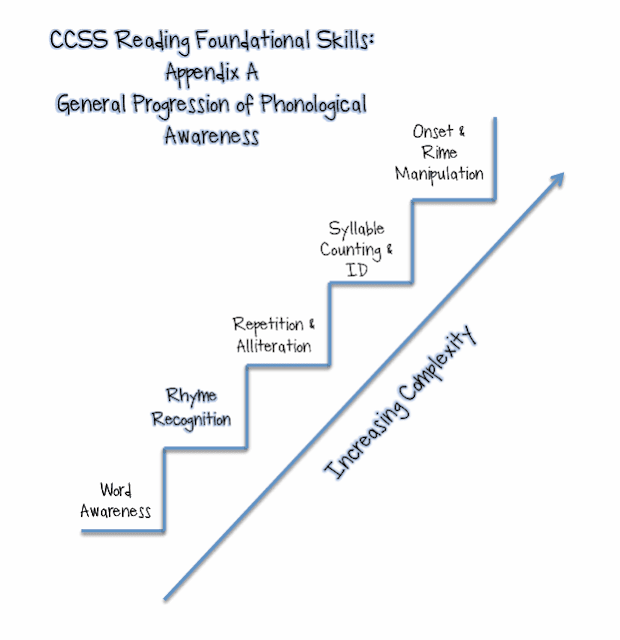Basic listening skills and word awareness are critical precursors to phonological awareness. Learn the milestones for acquiring phonological skills. Phonological awareness is knowledge of the sounds of oral language. It is the ability to regulate and be conscious of the sequence of speech sounds and the structure of syllables. I Can Read is Asias leading literacy provider. We have had over 250, 000 success stories in more than 140 centres, spanning 10 countries. Our success stems from utilising the findings from our founder's 15 year Ph. study into the psychology of how students learn to read. The Alerts series is a joint initiative sponsored by two divisions of the Council for Exceptional Childrenthe Division for Learning Disabilities (DLD) and the Division for Research (DR). Each Current Practice Alert provides timely and informed judgments regarding professional practices in the field with a special focus on learning disabilities. Based on the adequacy of the current. What is Phonological Awareness? Phonological awareness refers to a set of skills that children typically develop in the preschool years as prereading skills. Test measure: Measures student's awareness of the individual sounds in words. Purpose: Assesses phonological awareness, phonological memory, and rapid naming. The CTOPP has 4 principal uses: (1) to identify individuals who are significantly below their peers in important phonological abilities, (2) to determine strengths and weaknesses among developed phonological processes, (3) to document. This technique is recommended by research. Phonological Awareness has been recommended as a practice with solid research evidence of effectiveness for individuals with Learning Disabilities by Council for Exceptional Childrenthe Division for Learning Disabilities (DLD). About Privacy Help Contact; The Starfall Website is a program service of Starfall Education Foundation, a publicly supported nonprofit organization, 501(c. Reading Doctor Software is being described by educators as a breakthrough in teaching children to read and spell. Our computer software and tablet apps strengthen skills found through research to be crucial in helping students of all ages to improve their literacy skills. To Improve Reading Skills in Struggling Readers. This information is targeted for students 3rd grade and older and adults who struggle with reading and need a direct effective intervention program to help them acquire necessary reading skills and advance to proficient reading. Phonological processes are patterns of sound errors that typically developing children use to simplify speech as they are learning to talk. Why children learning to read and spell English need to be experts in the sounds of speech. The research is very clear regarding the relationship between phonological phonemic awareness skills and later reading achievement. Phonological awareness is considered necessary, yet insufficient for the acquisition of skilled decoding. To make full use of the alphabetic principle, children must be able to blend and segment the sounds of language. Several years back all the K6 and special education teachers in our districts participated in the Language Essentials for Teachers of Language and Spelling (LETRS) training. One of the beginning sessions introduced the the five key areas of reading instruction proposed by the National Reading Panel. Phonemic awareness and phonics are two of these components. The Abecedarian Reading Assessment The Abecedarian Reading Assessment Sebastian Wren, Ph. Letter Knowledge Phonological Awareness For helping kindergartners and first graders who are having difficulty on their early literacy skills, Road to the Code is a successful, 11week program for teaching phonemic awareness and letter sound correspondence. Developmentally sequenced, each of the 44 15 to 20minute lessons features three activities SayItandMoveIt, Letter Name and Sound Instruction, and Phonological Awareness. Help your older students learn to read by combining phonological awareness instruction with reading and spelling activities. Welcome to the New Zealand Phonological Awareness Database. Childrens awareness of the sounds in words (i. , phonological awareness) is an important prerequisite for supporting children in learning to read. Phonological awareness is critical for learning to read any alphabetic writing system. And research shows that difficulty with phoneme awareness and other phonological skills is a predictor of poor reading and spelling development. Phonics Learning to Read Phonics is a critical step in learning to read. Yet teaching phonics without children having phonological awareness and phonemic awareness or basic print concepts, will fail. Whole language describes a literacy philosophy which emphasizes that children should focus on meaning and strategy instruction. It is often contrasted with phonicsbased methods of teaching reading and writing which emphasize instruction for decoding and spelling. However, from whole language practitioners' perspective, this view is erroneous and sets up a false dichotomy. Phonological awareness extends into phonics when a child understands that letters make sounds and those letters create words. In 2000, the National Reading Panel released its report, and they concluded, without room for doubt, that early instruction in phonics is the best way to teach children how to read. Approximately 80 percent of students with learning disabilities have been described as reading disabled. Resources within this section provide information and advice on what you can do to help students with LD gain reading skills. Montana Early Learning Standards 2014 e standards that guide the work of early childhood professionals to ensure that children from birth to age ve have the. Phonological awareness refers to the ability to segment and manipulate the sounds of oral language. It is not the same as phonics, which involves knowing how written letters relate to spoken sounds. Activities that develop phonological awareness in children provide practice with rhyme and with.











